Geography is far more than maps and capitals—it’s the foundation of understanding how the world works. From shaping cultures to influencing economies, geography helps us make sense of our surroundings, our history, and even our future. It encourages us to ask why things are where they are, how places are connected, and what might happen if something changes. Geography builds critical thinking. Other than a globe or map on a wall to help you learn, interactive websites with things like “pin the place” games are a fun way to explore continents, oceans, and countries. You can also watch geography or travel YouTube channels (National Geographic Kids is great). Remember to encourage curiosity about the world around you.
Educational
Writing Your Own Fantasy Story
Start with a compelling premise. A strong central idea grounds your world and sets the tone for everything that follows. Fantasy might be filled with dragons and spells, but readers connect most deeply with people. Focus on your main character. Give your protagonist a clear goal, a personal flaw, and a reason the journey matters to them. The best fantasy heroes grow and struggle in ways that feel human, even when surrounded by spells and mythical beasts.
World-building is essential, but don’t fall into the trap of explaining everything up front. Instead, reveal your world through action, dialogue, and your character’s perspective. Plot your story with rising tension and clear stakes. Use the classic structure—beginning, middle, climax, and resolution—to keep your story moving. Your character should face increasingly difficult challenges, leading to a final decision or confrontation that forces them to grow. Along the way, mix action with quieter emotional beats. A great fantasy story doesn’t just dazzle—it resonates.
Your first draft doesn’t have to be perfect. Get the story down, then revise with intention— tightening scenes and deepening your character arcs. Fantasy is a wide-open genre, but the most memorable stories are the ones that feel real—even when they’re impossible.
Helpful Habits to Improve Overall Study
Physical activity improves blood circulation, ensuring that oxygen and nutrients reach the brain, which enhances cognitive function. Exercise also reduces stress and anxiety, keeping the mind clear.
Sleep is just as important and is essential for memory and learning new information. Aim for 7-9 hours of quality sleep each night so you can stay focused throughout the day. It’s also extremely important that you incorporate vitamins and minerals into your diet, as well as drinking lots of water.
Dehydration can impair concentration and memory, so drink plenty throughout the day. Make sure to avoid excessive sugar, refined carbs, and processed foods.
Remember to engage in activities that stimulate the brain, such as puzzles, reading, and learning new skills. This can improve problem-solving skills and keep the brain sharp.
Rainbow in a Jar Experiment For Young Children
Supplies:
- A tall clear jar
- Blue dish soap
- Honey
- Vegetable oil
- Water
- Red, green, and purple food coloring
- Rubbing alcohol
- A spoon to help you pour the liquids
Instructions:
- Mix the purple food coloring with the honey. Slowly pour the honey into the bottom of the jar.
- Add blue dish soap on top of the honey in the jar. It will float on top of the honey because dish soap is less dense.
- Mix green food coloring with the water. You then add the water on top of the dish soap.
- Pour olive oil on top of the water.
- This following step should be done by an adult. Mix red food coloring with the rubbing alcohol. Add the layer of rubbing alcohol to complete your rainbow.
This is a great experiment to show kids how density works and how the layers can be made by having the most dense at the bottom and the least at the top.
The Importance of Arts in Education
Skills developed through arts can translate to other subjects, enhancing overall learning. Engaging in artistic activities helps to improve discipline and perseverance. This creative outlet not only promotes critical thinking but is especially important in getting the students to express themselves in new and creative ways. Whether it be painting, music, or theater, the arts play an essential role in forming proficient thinkers. Participating in these pursuits is extremely beneficial and can spark lifelong interest in creative ventures.
Limiting Your Child’s Screen Time
Excessive screen time has been proven to interfere with cognitive ability and brain development. It has also been linked to increased levels of anxiety and negative affects on social skills and attention span. Screens should particularly be turned off when it gets closer to bedtime, as too much exposure to blue light from screens has been known to disrupt sleep patterns. We encourage that you give your child a very limited amount of screen time in general but especially during school nights. Help your child monitor their screen time and inspire them to engage in more time spent on hobbies, outside events, and creative activities. It’s very important that they’re able to function well at school and don’t always need to rely on screens to entertain them.
Fun and Fast Science Experiment for Young Kids
For this experiment, you’ll need water, a dry erase marker, and a ceramic bowl or plate.
- You start by drawing a simple character on the surface of your bowl. A stickman is a good place to start.
- Slowly pour a small amount of water onto the drawing and watch as your stickman begins to lift up off the bottom. As this happens, it will start to move on the surface of the water on its own.
- You can then use a toothpick to swirl the water around and make your stickman move and dance!
This experiment works as a great way to show density because of the ink’s insolubility to water and its low density that allows it to float.
Making Cursive Fun
Printing out worksheets with dotted cursive letters or words for your child to trace over is a perfect way to start practicing. This helps them get used to the flow and formation of cursive letters. You can provide themed writing prompts like favorite places or animals and have your child write about them in cursive. Encouraging creative writing while practicing cursive handwriting can make it a lot more fun. Another great way to make cursive more fun is using it in artwork like painting. Once your child gets used to the flow of the letters, they’ll be able to smoothly write cursive in no time.
Tips For Writing a Good Research Paper
Clarify the purpose of your essay. Begin your report with an introduction that provides background information on the topic and outlines the main points that you will cover. Make sure you explain why you personally chose to write about your subject. Do your own research and credit the sources that you get the information from. Collect relevant data and statistics from credible sources to support your findings. Incorporate visuals such as charts or images to help illustrate key points. Review your final report for accuracy. Check for punctuation errors, grammar, and spelling.
Fun Homemade Lava Lamp Experiment For Kids
The first thing you need is a clear jar or plastic bottle. Fill the bottle halfway with vegetable oil and add water to the top until it is almost full. After this is done, add at least five drops of food coloring. You will the need to take an Alka-Seltzer tablet and break it up into several pieces. The final step is to drop each piece in one at a time and watch as bubbles begin to form, activating your lava lamp.


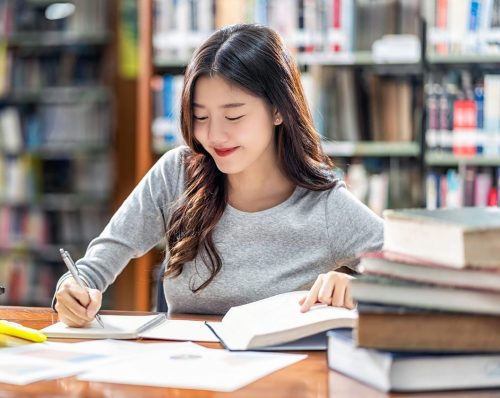

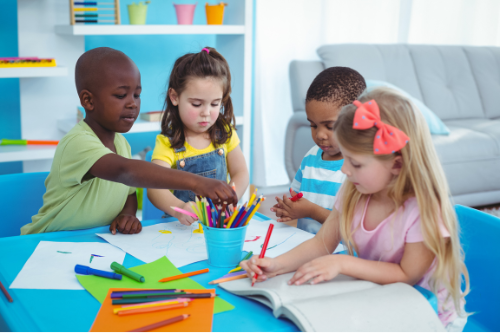


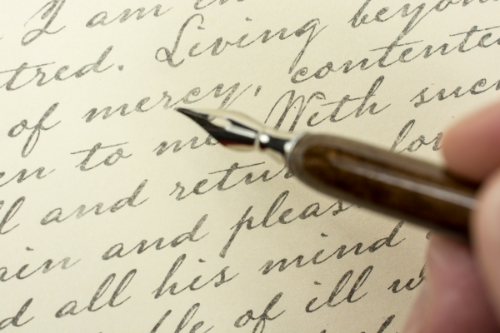
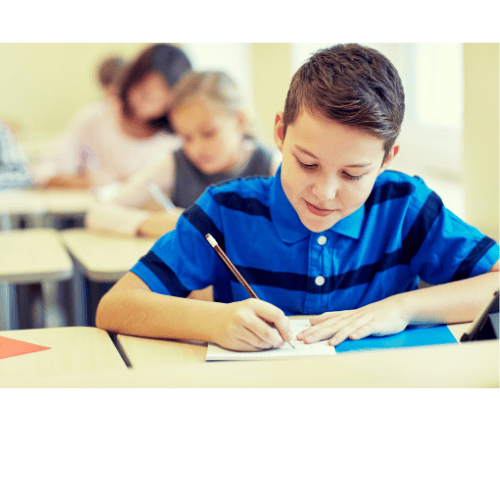
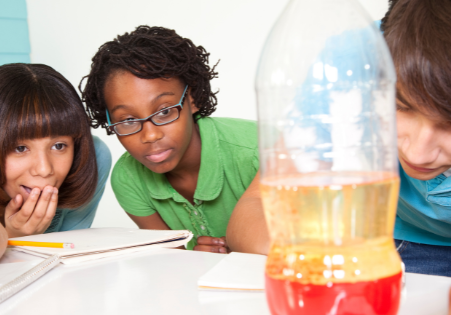





Recent Comments